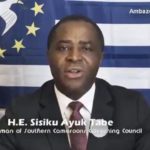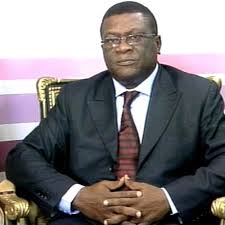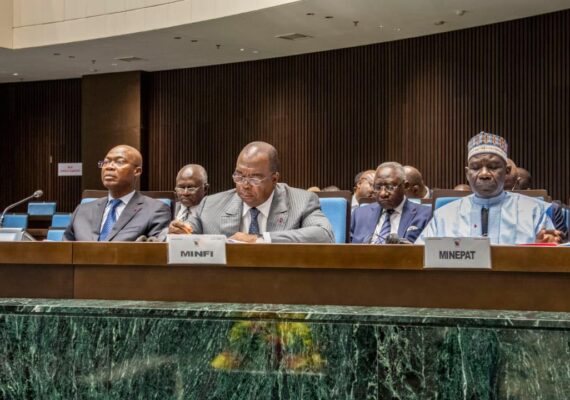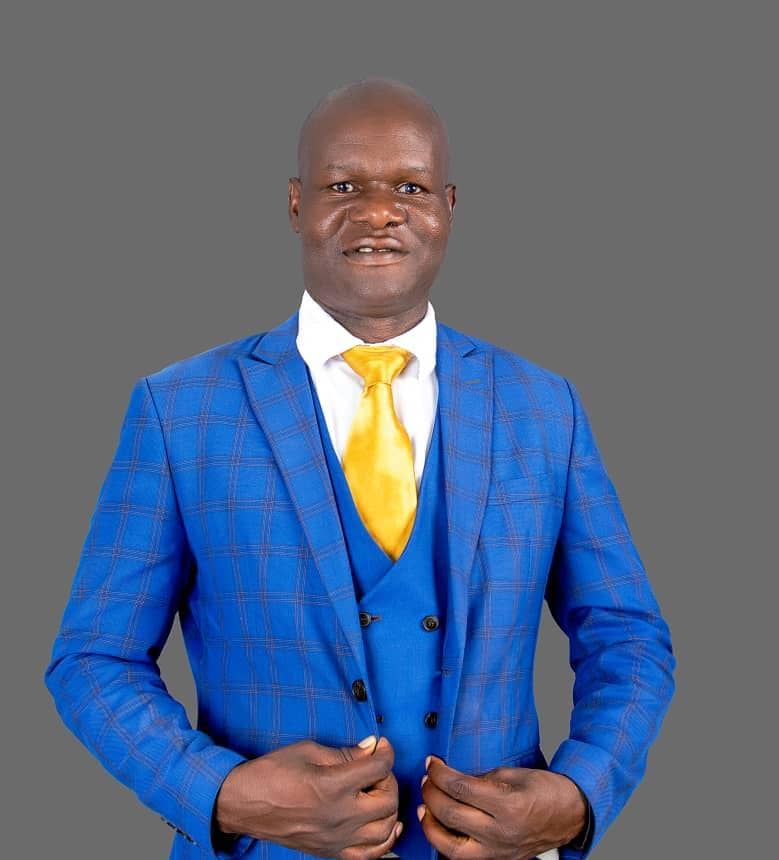
A Russian initiative marketed as a skills development programme for African youth is under growing scrutiny. Zimbabwean MP Martin Mureri has called for urgent parliamentary debate, describing the Alabuga Start programme as “modern slavery” and urging African governments to investigate its true nature.
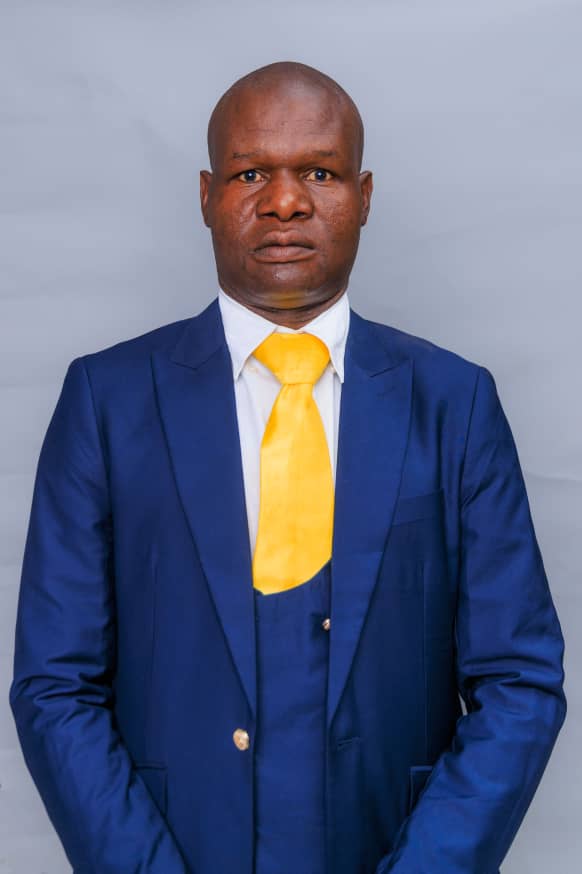
The Alabuga Start programme, launched by Russia’s Alabuga Special Economic Zone, has been promoted across Africa as a golden opportunity for young people: subsidised accommodation, airfare, and a $550 monthly stipend, all wrapped in the promise of high-tech training in fields like robotics, engineering, and medicine.
But beneath this polished image, disturbing reports are emerging.
Martin Mureri, a Zimbabwean MP and human rights lawyer, says the initiative may be concealing exploitative practices and ethical violations. Speaking to national media, Mureri condemned the programme as “modern-day slavery” and demanded that Foreign Minister Amon Murwira appear before Parliament to explain the government’s position.
In an online publication, Zimbabwean newspaper masvingomirror.com quoted MP Mureri as warning: “We cannot look away while our daughters are being mistreated abroad under the cover of diplomatic friendship. This programme lacks transparency and raises deep moral concerns”.
Behind the gloss : A programme under scrutiny
While the programme is being framed as a technical training opportunity for 18–22-year-olds, numerous warning signs have surfaced: excessive work hours, vague living arrangements, and potential involvement in the production of Shahed-136 drones, which have been linked to Russia’s military operations.
Reports also suggest that vulnerable African youths are being targeted with ambiguous recruitment campaigns, often lured by the hope of a better life outside the continent.
Regional concerns mount
Beyond Zimbabwe, other countries are beginning to raise questions. In Botswana, authorities have reportedly launched investigations with the support of Interpol. Meanwhile, in Ghana, Nigeria, and Cameroon, a lack of official communication is fuelling suspicions that similar operations may be taking place under the radar.
Bulawayo mayor David Coltart has also added his voice to the growing concern:
“In times of economic desperation, young people are especially vulnerable to false promises. We must remain vigilant.”
A Call for continental vigilance
As concerns deepen, Mureri and others are calling for a unified African response. With hundreds of youths possibly involved, critics argue that governments must act swiftly to assess the programme’s true nature and safeguard national sovereignty and youth welfare.
“This isn’t just about one country,” Mureri insisted. “It’s about protecting African dignity.”
Garikai Mafirakureva


